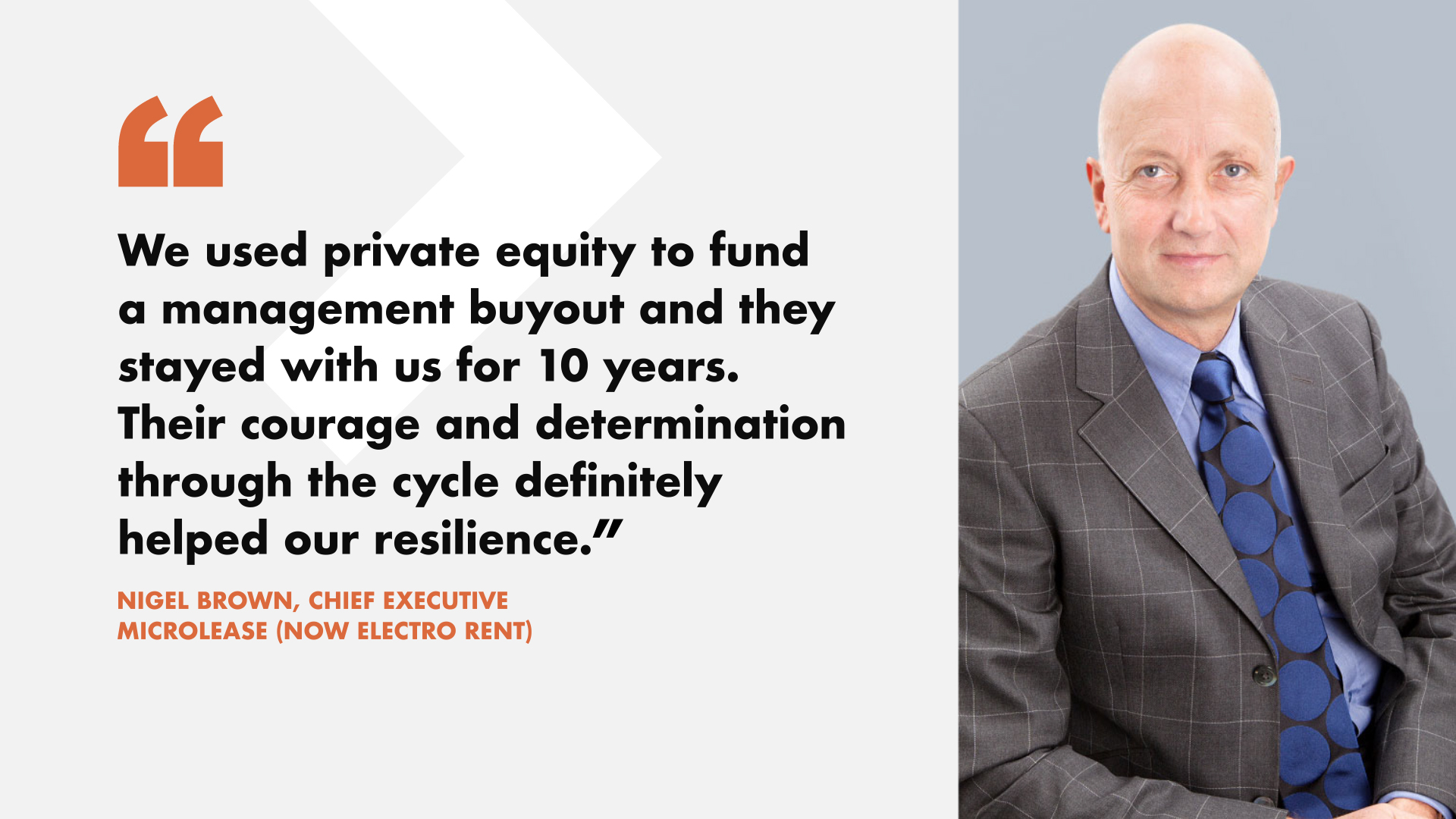
OPINION
Agility is at the heart of successful businesses
2 Dec 2020

The pandemic has increased the demand for digitisation, and Ashtons is perfectly placed to continue to develop electronic solutions for its customers.”
As the market looks set to be challenging into 2021, there are many business leaders who have been here before.
When growth at medical-products manufacturer Penn Pharma, now part of PCI, began to slow during the 2008 recession, then Chairman Mark Molyneux knew his team had to find a creative solution. “I joined the business in 2006 and it was like buying a new car,” he explains. “You start driving it and the engine is purring and you can’t believe how great your car is. We increased profitability by 60pc over two years.” But then issues began to emerge, he explains. “The car started misfiring, we started missing our targets. It was a difficult time.”
But the management team displayed the kind of nous that defines the leaders of agile businesses: they pivoted to focus on serving a fast-growing but underserved part of the market. “We worked with our investor at the time to build a state-of-the-art site to facilitate a more niche type of production – it was an example of private equity at its best,” Mark says.
Unforeseen circumstances often forces businesses to shift their strategies. This is certainly the case in 2020, as businesses around the world learn how to trade through a global pandemic.

We worked with our investor at the time to build a state-of-the-art site to facilitate a more niche type of production - it was an example of private equity at its best."
Grant Mansfield has done just that. Founder of Bristol-based Plimsoll Productions, the biggest independent production house outside London that creates programmes for the likes of Netflix and Apple TV, has found ways to keep the cameras rolling. “We have had to switch to using smaller, local crews and adapt the way we film, taking into account social distancing guidelines, for example. It’s been a journey, but we are still making great programmes,” he says. “That’s always our number one objective.”
It’s not uncommon for many business leaders to find themselves in a needs-must situation where they have to adapt at record speed. Nigel Brown is the chief executive of Microlease, now Electro Rent, which hires out electronic testing equipment globally. He recalls the moment he found out that a fire had broken out in its main warehouse: “Roughly £20m-worth of equipment was damaged,” he says. “That was one of the most challenging periods in my life. It took 18 months before the insurance company would pay out. We came out a bigger, stronger company as a consequence because we had to think of solutions fast.”
Nigel credits much of the company’s agility to its funding model. “We used private equity to fund a management buyout and they stayed with us for 10 years,” he says. “Their courage and determination through the cycle definitely helped our resilience.”

The key to thriving while other companies may falter is to constantly review your model and be as nimble as possible. While you’re always going to face adverse conditions, making sure you can make those bold moves when necessary is key to survival.”
LDC is sharing inspirational stories from its current and past portfolio company leaders to mark 40 years of backing ambitious businesses across the UK.
